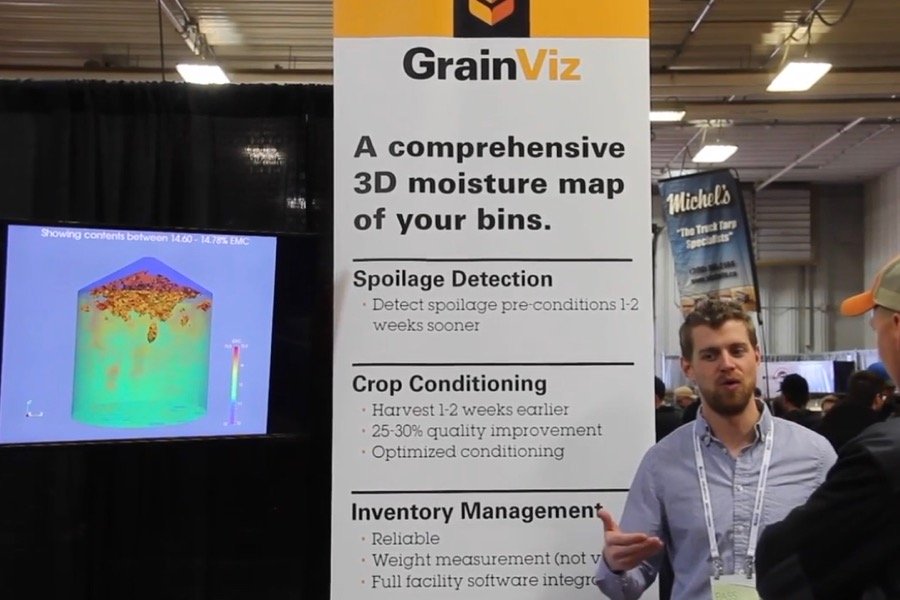CNS Canada — Traders who handle canola futures on the former Winnipeg Commodity Exchange see some question marks ahead as the canola futures market gets set to pack up and move to New York at the end of July, pending regulatory approval.
Atlanta-based Intercontinental Exchange (ICE), which has owned Winnipeg’s ICE Futures Canada canola market since 2007, announced Tuesday it will shift trading and clearing of canola from ICE Futures Canada and ICE Clear Canada to New York-based ICE Futures U.S. and ICE Clear U.S.
Read Also

Alberta crop conditions improve: report
Varied precipitation and warm temperatures were generally beneficial for crop development across Alberta during the week ended July 8, according to the latest provincial crop report released July 11.
The move to the U.S. exchange and clearing house will provide participants “with deeper liquidity, reduced administrative costs, and a more diversified risk management pool,” according to the notice.
Contract specifications will stay the same — with the same delivery points and pricing in Canadian dollars.
However, “for us as Canadians, it’s a bit of a concern,” said Keith Ferley of RBC Dominion Securities in Winnipeg.
It made sense from a business standpoint, he said, as canola was the only contract on the all-electronic ICE Futures Canada exchange, and this move will open up the market to a much broader audience.
However, he said, traders are also still waiting on answers to some questions about the transition, such as the ramifications of a move under the U.S. regulatory framework. “We’re still digging to find what it really means.”
Ken Ball of PI Financial in Winnipeg didn’t expect to see too much of a change, at least initially, noting that trading off of a computer in New York is the same as a computer in Winnipeg.
However, he said, some traders with U.S.-based commercial clients may run the risk of losing those clients if they are already trading on the ICE Futures U.S. platform and will no longer need a Canadian intermediary.
“If you’re looking at the contract on a screen, you’ll see zero change,” said Brad Vannan, president of ICE Futures Canada.
While acknowledging it’s difficult to speak in absolutes, Vannan said that “for the majority of participants, if not all, they probably won’t notice any change whatsoever.
The canola contract has seen growth over the past 10 years, he added, and a move to the world’s financial centre should see that growth continue.
“You might compare it to a hockey player moving up from the (AHL’s Manitoba) Moose to the (NHL’s Winnipeg) Jets,” said Vannan. “You’re taking a player that you see a lot of potential in and you want to perform to the best of their potential.”
While the immediate focus will be on insuring a seamless transition to the new platform, Vannan said other opportunities were likely to open up down the road.
“By moving to New York, we’re not necessarily guaranteed that there will be liquidity, but there’s a much greater opportunity to access that liquidity from a New York venue than there was from Winnipeg,” he said.
Also, he said, new contracts — such as wheat and durum contracts that failed in Winnipeg in recent years — have a far greater chance of success in New York.
A local presence will be maintained in Winnipeg, but with only two of ICE Futures Canada’s current staff of 14.
The two Winnipeg-based employees will continue with the canola contract committee and make sure the contract remains relevant for the canola industry. Vannan is among those who will leave the company after the transition.
“I’m very confident that this will provide an opportunity for continued success of the canola contract going forward,” said Vannan.
— Phil Franz-Warkentin writes for Commodity News Service Canada, a Glacier FarmMedia company specializing in grain and commodity market reporting. Follow him at @PhilFW on Twitter.

















